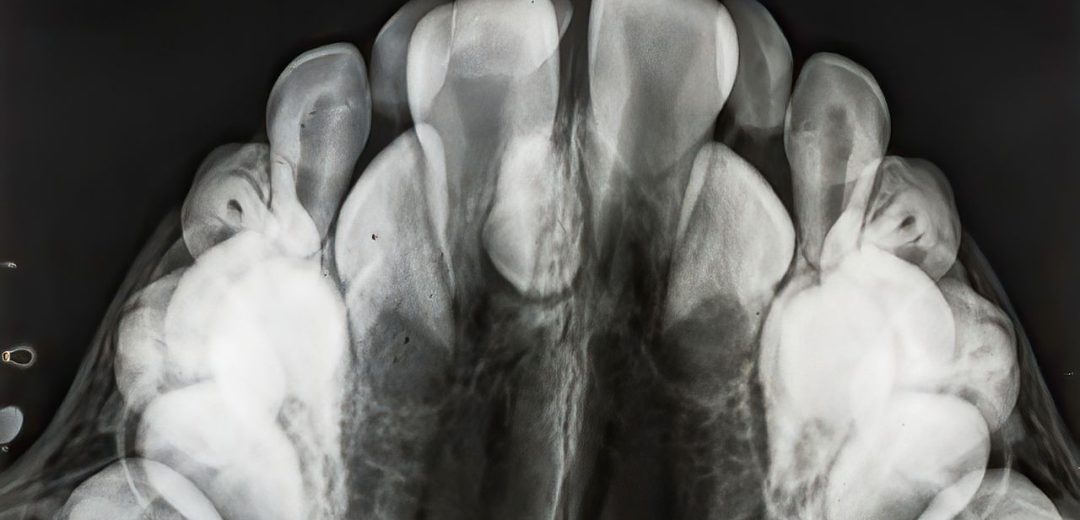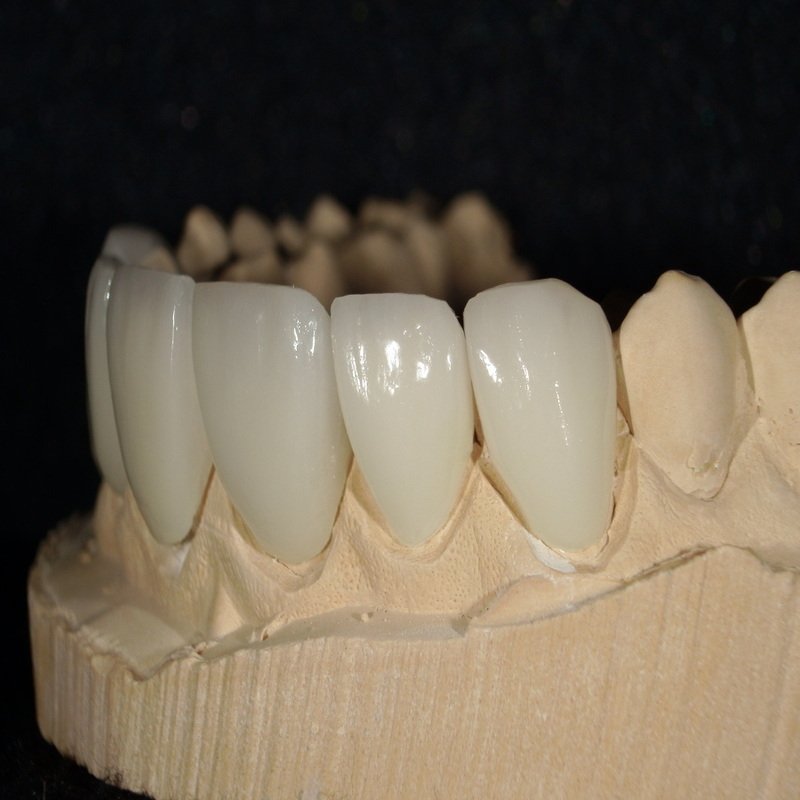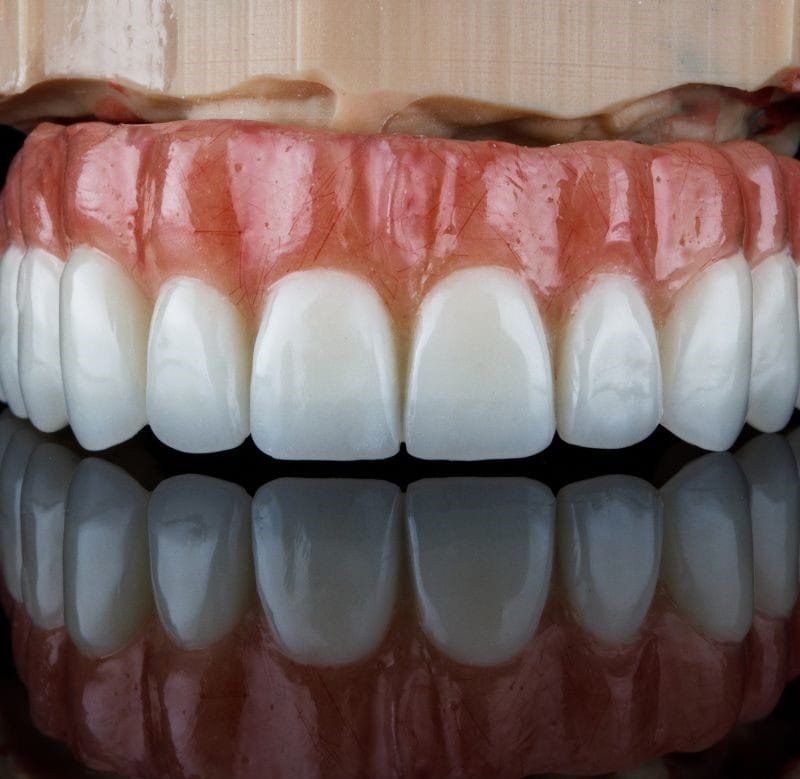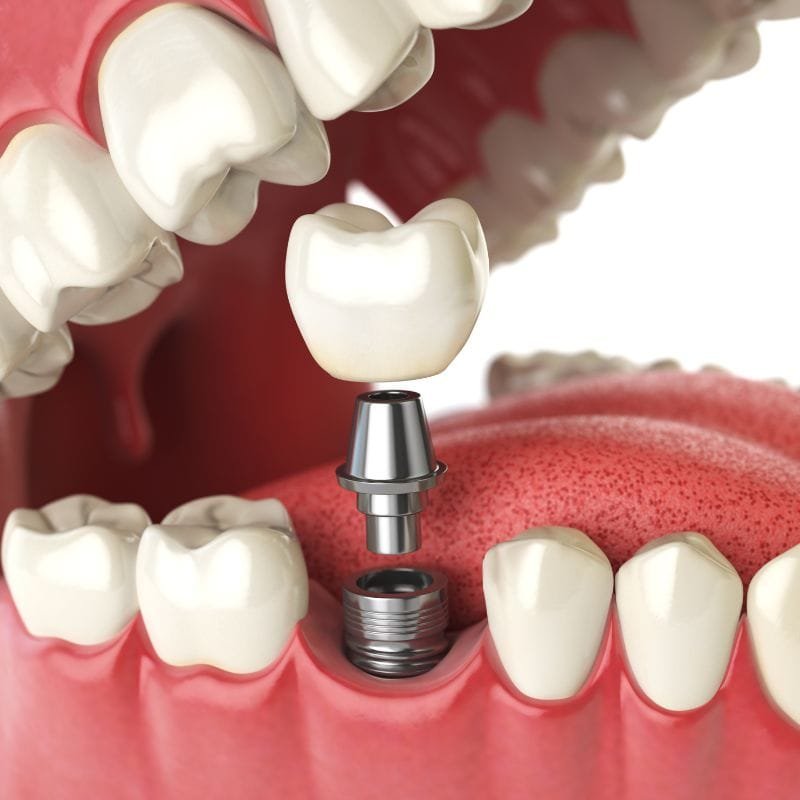Hyperdontia: What If Extra Teeth Start Popping Up?
If you ever had the typical dream where all your teeth fall out and find it terrifying, what do you think about having too many teeth? Well, it exists, and it’s called hyperdontia.
Hyperdontia is a dental disorder in which the mouth produces excessive teeth. These extra teeth are referred to as supernumerary teeth.
One or more extra teeth will pop up in different areas of your mouth.
Specifically, these can appear anywhere in the curved parts of the mouth where your teeth connect to the jaw, also known as the arches.
So, how many pearly whites are you supposed to have in the first place?
Primary or deciduous teeth are the 20 teeth that emerge during childhood. The 32 permanent adult teeth that replace primary teeth are known as molars.
Hyperdontia
Hyperdontia can cause your permanent teeth to become crooked due to the lack of space and overcrowding.
It affects permanent teeth. Your dentist can identify new teeth in your smile and point them out as affected if they are hidden beneath the gum line and have not emerged yet.
When developing this condition in adult mouths, you’d be surprised to know that men are twice as likely to have it than women.
Hyperdontia is usually not painful. However, the extra teeth may strain the jaw and gums, causing swelling and stiffness.
What will Hyperdontia Look Like?
Supernumerary teeth can adopt a variety of forms, including: Supplemental
A supplemental tooth has a comparable shape to the tooth it replaces: Tuberculate
The tooth kind of looks like a tube or barrel: Compound odontoma
The tooth forms due to many small, teeth-like growths that are close together: Conical or peg-shaped
The tooth is significant at the bottom and narrows toward the top, giving it a pointed appearance.
Extra teeth can also form in the following places:
Paramolar: An additional tooth can develop in the rear of your mouth near one of your molars.
Distomolar: Instead of growing around your other molars, an extra tooth grows in line with them.
Mesiodens: A tooth grows behind or around your incisors, the four flat teeth at the front of your mouth. With hyperdontia, this is the most prevalent type of extra teeth.
What Are The Causes of Hyperdontia?
Sadly, the specific origin of hyperdontia is unknown to experts.
But some things can make you more vulnerable to it. Like the following conditions:
Gardner syndrome
This is a hereditary condition that increases your chances of developing more teeth. Gardner syndrome patients also have a greater risk of developing colorectal cancer at an early age.
Fabry disease
With this disease, your body cannot produce an enzyme that breaks down fatty compounds. Severe pain in the hands and feet, rashes, stomach aches, and an inability to sweat are symptoms of this disorder.
Cleidocranial dysostosis
This sporadic disorder affects your bones, especially your skull and collarbone, and runs in families.
Cleft lip or cleft palate
This is a hole in the roof of your mouth or the top lip. Both of these birth abnormalities tend to occur early in pregnancy. They can cause ear infections and difficulties with feeding, hearing, and speaking.
Symptoms of Hyperdontia
The development of additional teeth directly behind or near your permanent teeth is the most common indication of hyperdontia.
Teeth can grow in singles or multiples in the upper or lower jaws on both sides of the mouth. Alternatively, extra teeth may develop in both the upper and lower jaws.

What If You Don’t Treat Hyperdontia?
The good news is that hyperdontia rarely causes significant complications and is usually painless.
However, the extra teeth in the mouth might exert pressure on your jaw and gums, causing them to enlarge, which can be a little uncomfortable.
Because multiple hyperdontia can make someone’s permanent teeth look crooked, most patients are more concerned about how their smile will look.
If this occurs, you’ll likely need to wear braces or aligners. Although this might seem a bit excessive, it is the best solution.
Do You Have To Remove The Extra Teeth?
So, this is probably the main question that comes to mind when discussing this condition.
Hyperdontia can cause neighboring teeth to erupt later or cause substantial crowding, often requiring orthodontic treatment.
If you keep the extra teeth, you run the risk of getting tumors and cysts.
Unless the supernumerary teeth are loose and provide a risk of aspiration due to passage into the lung, it is usually not essential to remove natal teeth.
Contact a Dentist If You
If you feel insecure about your smile because of this condition, try speaking with a dentist who can advise you on treating your teeth and carry out the best treatment for you.
Because yes, you can remove them. Hyperdontia surgery is a relatively straightforward process.
It’s a little more painful than putting crowns and bridges in, but it’s still not too bad.
An important note is that not all patients will need this procedure. The following circumstances necessitate hyperdontia removal:
- When the patient has a hereditary abnormality that causes them to develop extra teeth.
- When a patient’s extra teeth cut their mouth when they chew or when they can’t chew properly.
- When they constantly find themselves in pain or discomfort.
- When the extra teeth are present, the patient is not allowed to brush or floss their teeth properly, which could lead to decay or gum disease.
- When the patient is unhappy with the appearance of their teeth.
Contact Us
If you’re suffering mild discomfort rather than pain, your dentist can offer an alternative type of hyperdontia treatment, such as using anti-inflammatory medicines like ibuprofen.
If you are at risk of this disorder or noticed extra teeth erupting in your mouth, visit a dentist immediately!
Hyperdontia may seem frightening at first, but there is no need to panic if you seek treatment as soon as possible.
Trust the dentists at Trust Dental Care regarding your oral and general health.
If you are experiencing any signs of hyperdontia, you should schedule an appointment with a dentist.
They’ll identify any signs and design the perfect dental treatment to keep your mouth healthy and your smile beautiful!


